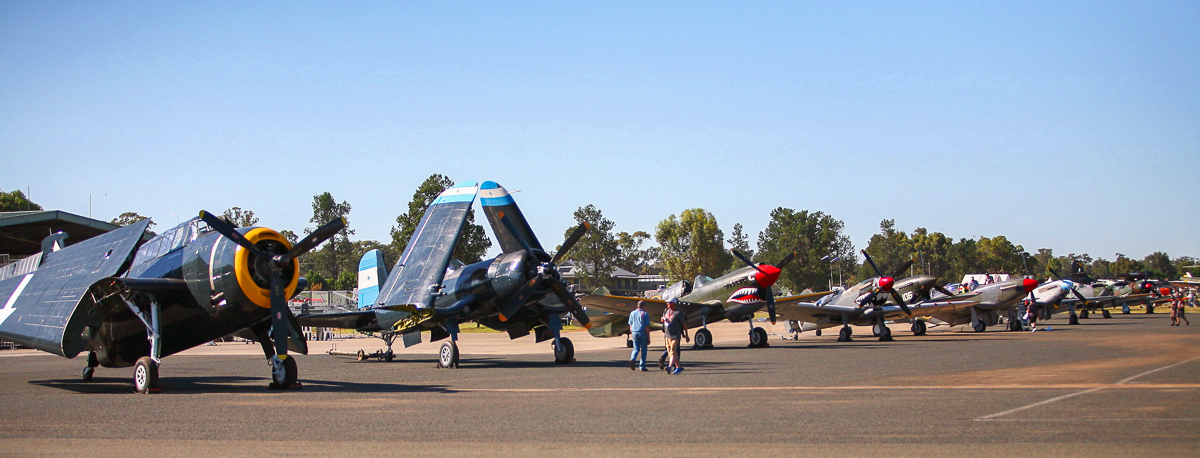
Temora Aviation Museum Air Show Report
by Phil Buckley
Over the days November 20th and 21st, 2015, the Temora Aviation Museum held their biennial Warbirds Downunder air show in southwestern New South Wales, Australia. The ramp and grass areas near the museum were overflowing with close to 70 warbirds, historic civil and current military aircraft. The air show had something to interest almost anyone, with types ranging from 1930s-vintage Tiger Moths, to faster WWII-era Spitfires, to T-28 Trojans from the 1950s and Cold War jets all the way up to the current supersonic RAAF F/A-18B Hornets. Showing how popular the show has become, many general aviation pilots flew in to the airport, with over 200 light aircraft parked in the GA area. According to the Temora Aviation Museum, more than 20,000 visitors attended the air show over the two-day event.
Unfortunately, on the Friday, the weather conditions were quite trying, with strong winds and temperatures over 41ºC (105ºF), and this pushed back the evening flying program. However, by Saturday, the conditions had improved enough to allow flying to take place with more comfort.
For many, the Warbirds Downunder show was the first time they had the opportunity to see Graham Hosking’s recently-restored, Tyabb-based F4U-5 Corsair perform along with the speedy Yak-11 known as ‘Steadfast’. These two WWII-era designs oozed power. The Yak-11’s display showed the impressive handling that mating the raw power of a Pratt&Whitney R-2000 with the vintage Russian trainer design can achieve. This Yak took part in the Reno Air Races in recent years before arriving in Australia during 2013.
Most of the WWII-era fighters took part in a formation flight which included the Temora Aviation Museum’s Spitfires Mk VIII and Mk XVI alongside the Corsair, Caboolture-based P-51 Mustang, Tyabb based CAC Mustang and P-40F Kittyhawk. They also took part in tail-chase maneuvers as well.
The Temora-based Lockheed Hudson bomber, the world’s only airworthy example, flew a spirited display with many passes, including some with its bomb bay doors open. This demonstration allowed many to recall how this aircraft type was the RAAF’s main frontline bomber in the early days of WWII in the Pacific Theatre.
HARS brought their C-47 Dakota, DHC-4 Caribou and PBY-6A Catalina, flying each of them in the show. The Catalina held the attention of many in the crowd, bringing back powerful memories for some, of the dark days in WW2 when the RAAF’s Catalina fleet played a pivotal role in protecting Australia from the Japanese and taking the fight to the enemy by mining their harbors and sea lanes.
Honouring the jet-age warbirds, Jeff Trapper’s CAC-built Sabre flew in a formation display with an RAAF 2 OCU F/A-18B Hornet and then Jeff conducted a solo aerobatics display. Jeff’s Sabre is currently the world’s only active CAC Sabre. The type is based upon the F-86F, with the primary difference being its more powerful Rolls-Royce Avon in place of the American J47 engine (which required a major redesign of the fuselage). It would have been wonderful to see two CAC Sabres flying together, but the Temora Aviation Museum’s example is still grounded pending the replacement of ejection seat components.
The Temora Aviation Museum’s Vietnam-era Cessna A-37B Dragonfly flew a great display; leaping from the runway courtesy a pair of powerful J85 engines and then performing tight turns and fast passes above the airport. Under-wing canisters pumped out white smoke, creating long, wavy traces which danced across the sky tracing the aircraft’s passage.
A gaggle of Cessna O-1 Birdogs took part, showcasing the low-speed handling and great observation viewpoints offered from the cockpit. The aircraft represented many different liveries, ranging from olive drab with orange panels, to multi-colored camouflage, to gloss grey. Birdogs were used to great advantage in Korea and Vietnam, operating in roles such as Forward Air Control and light transports.
Former Royal Australian Air Force military trainers from the 1950s to the 1990s were represented by a tight formation of CT-4A Airtrainers (known familiarly as ‘Plastic Parrots’) and CAC Winjeels which conducted several flybys for the crowd.
In the past, the Royal Australian Air Force has only sent F/A-18 Hornets to the event, but this air show was fortunate to have the RAAF Roulettes aerobatic demonstration team, a C-130J Hercules, a C-17 Globemaster and an E-7A Wedgetail, which provided extra interest for the public. It is hoped that the RAAF will bring more aircraft again to the next Warbirds Downunder air show in 2017, which is also bound to feature even more warbirds in attendance. With a few keenly-followed warbird restoration projects well underway in Australia, it’s quite probable that some of them will be flying by then, thus adding more value to what has already become a superb event and flying program enjoyed by aviation enthusiasts.
—————————————————————————
WarbirdsNews wishes to thank Phil Buckley for his latest contribution and the lovely photographs included here!








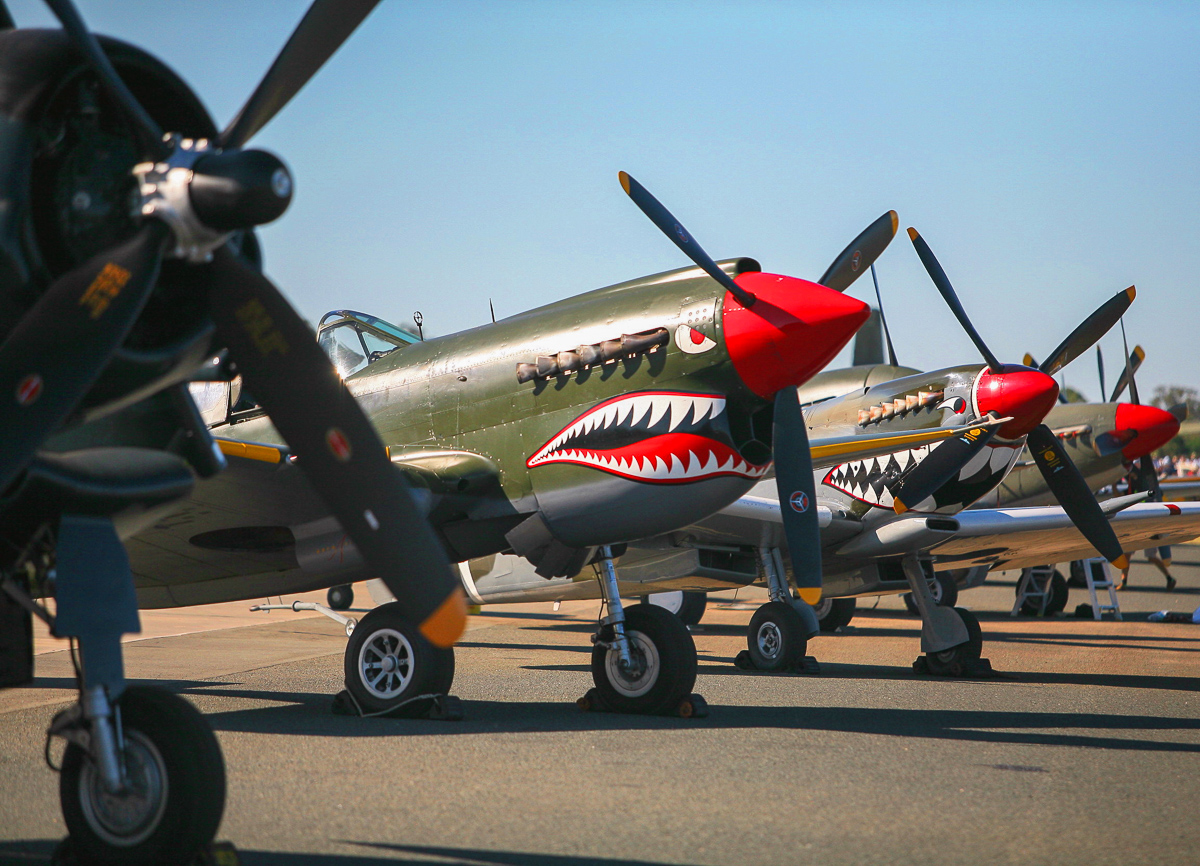
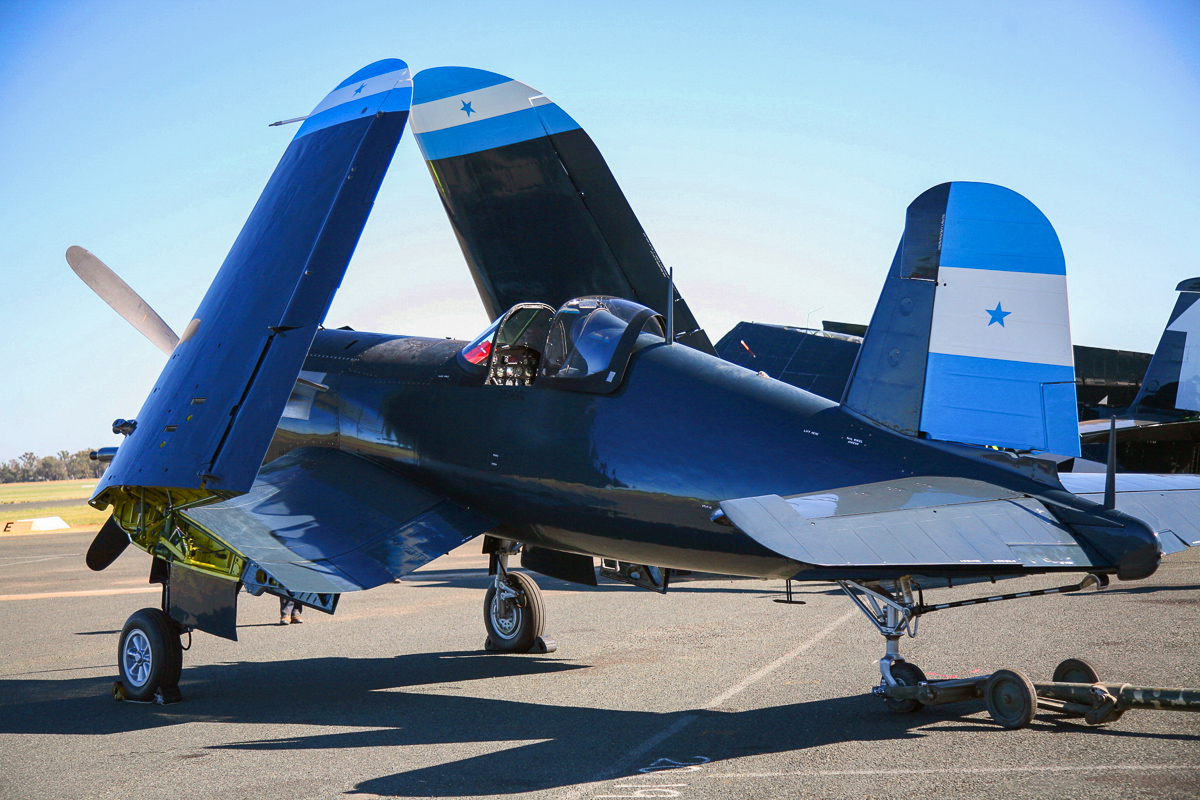
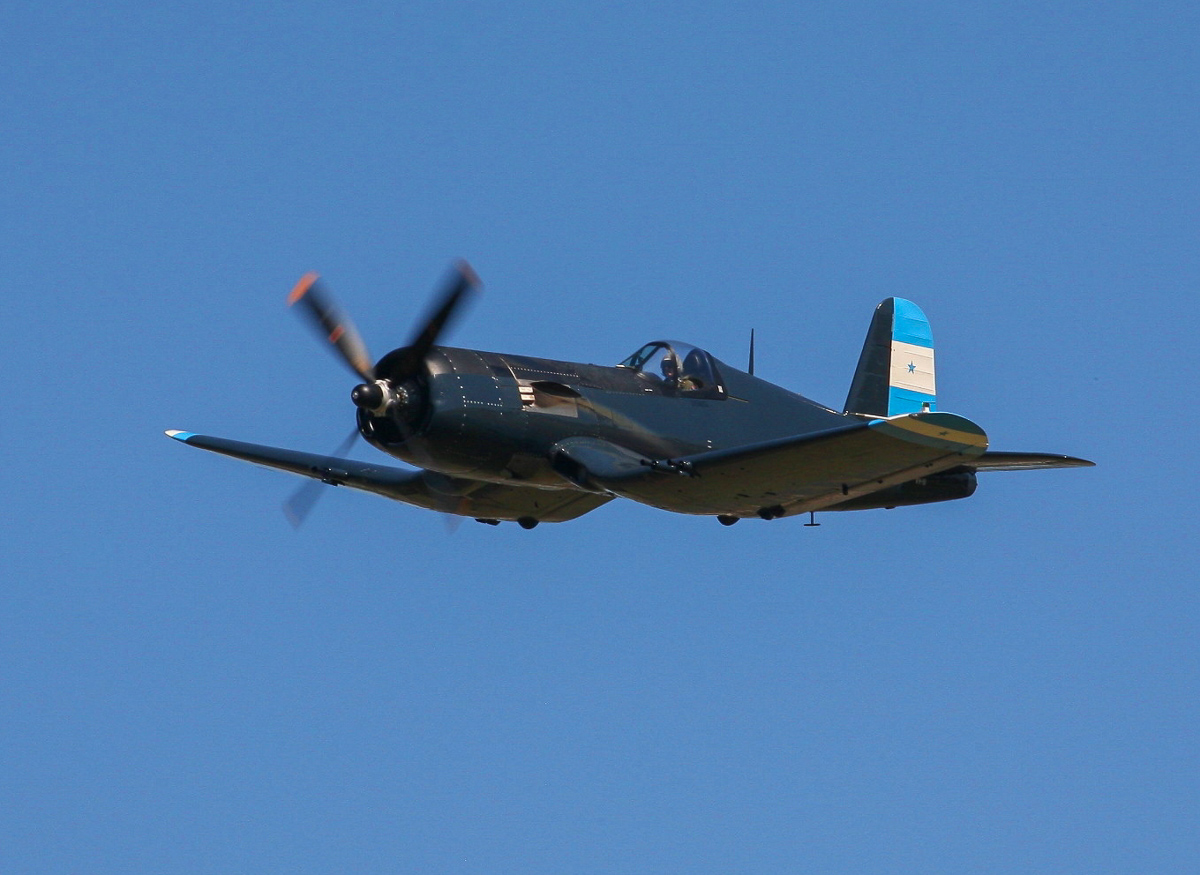
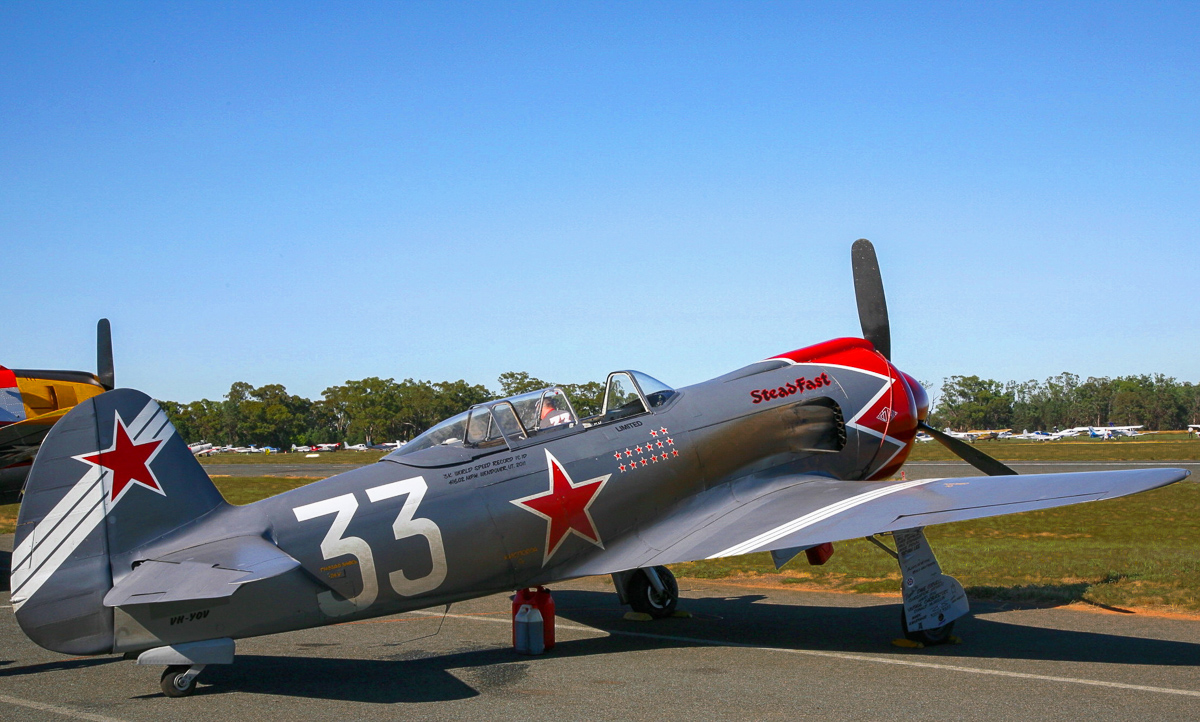
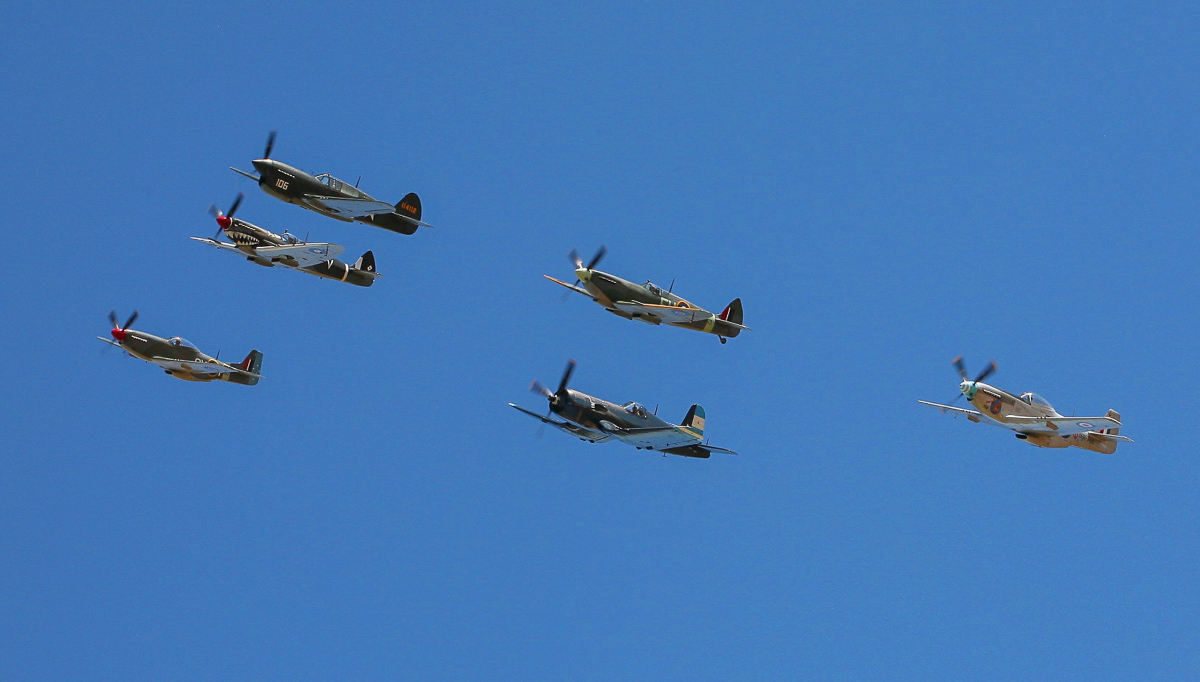
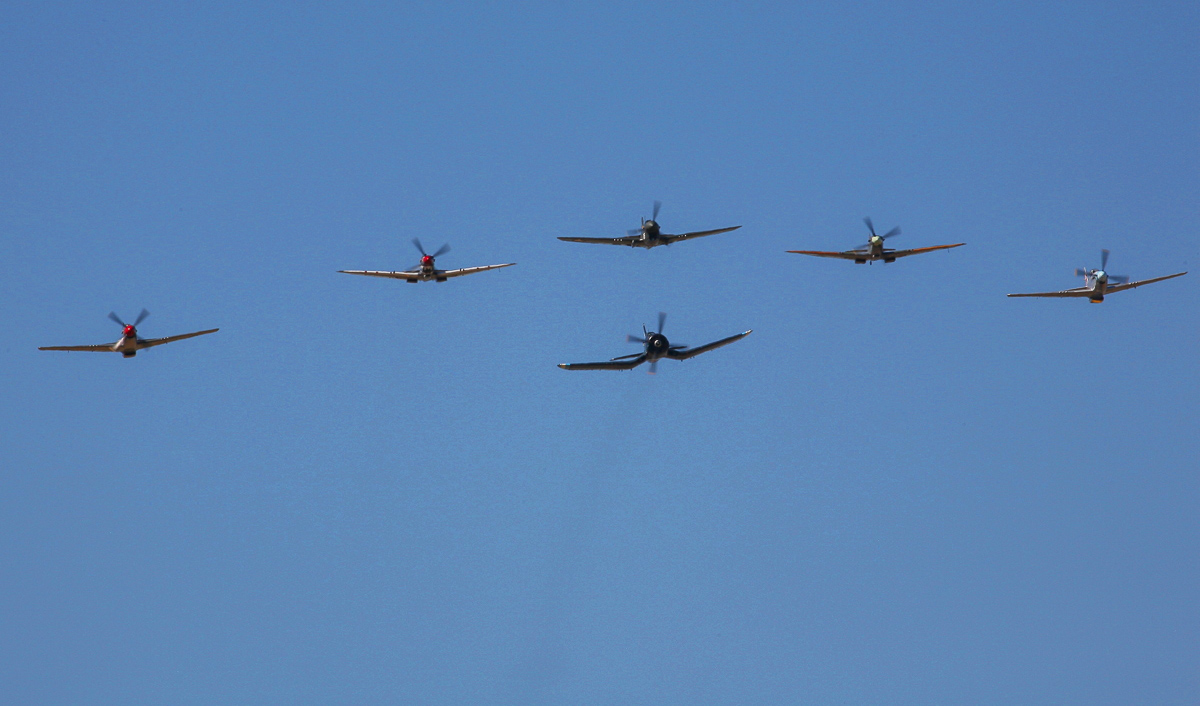
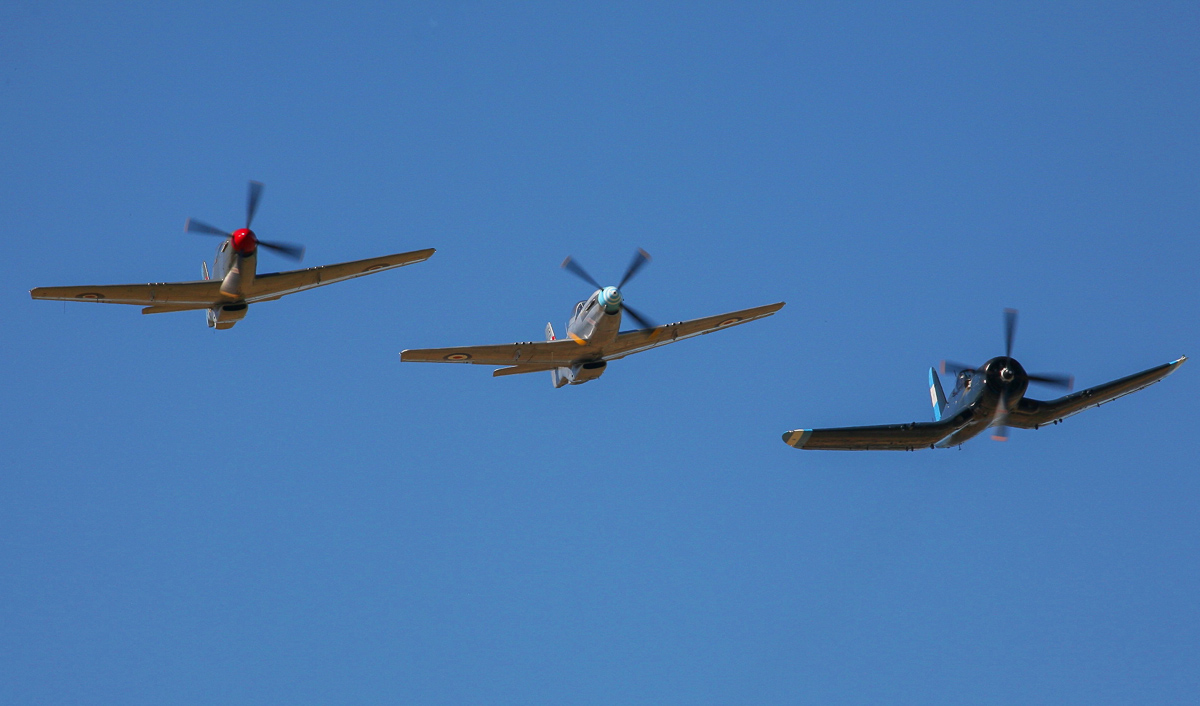
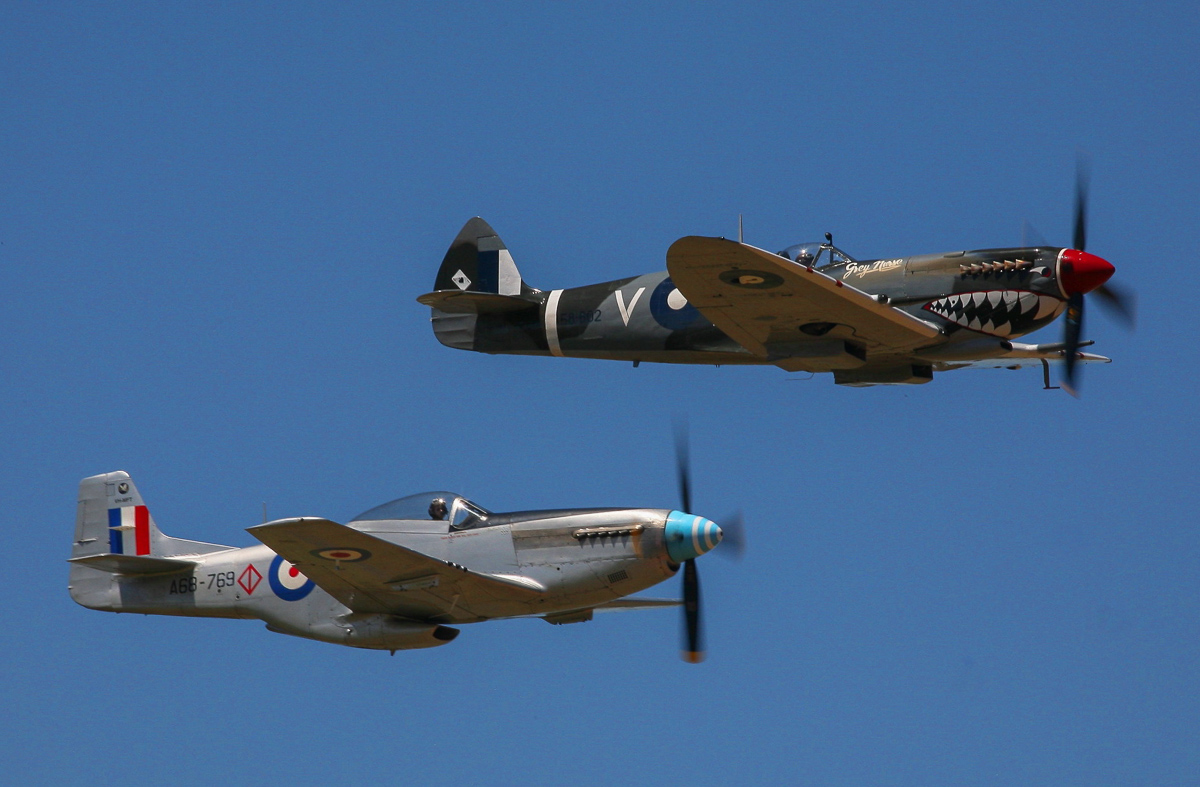
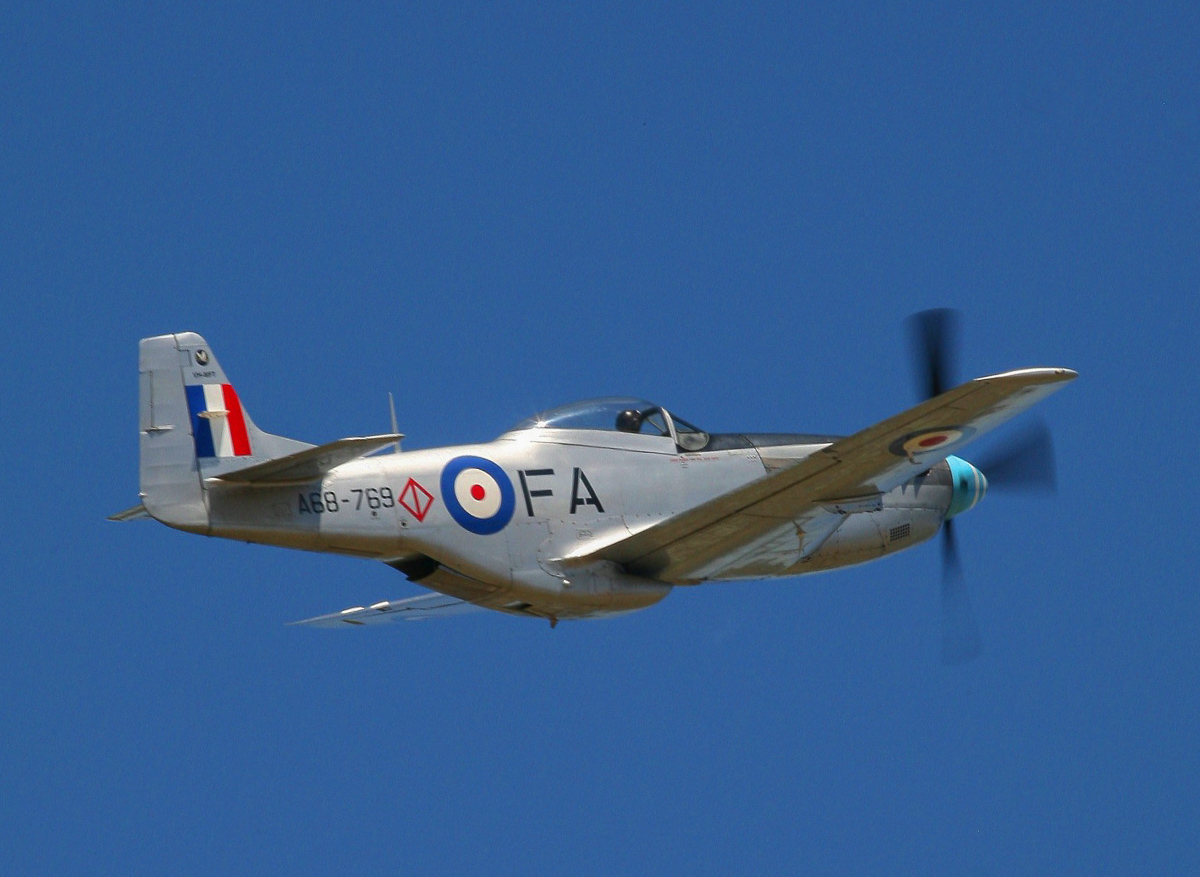
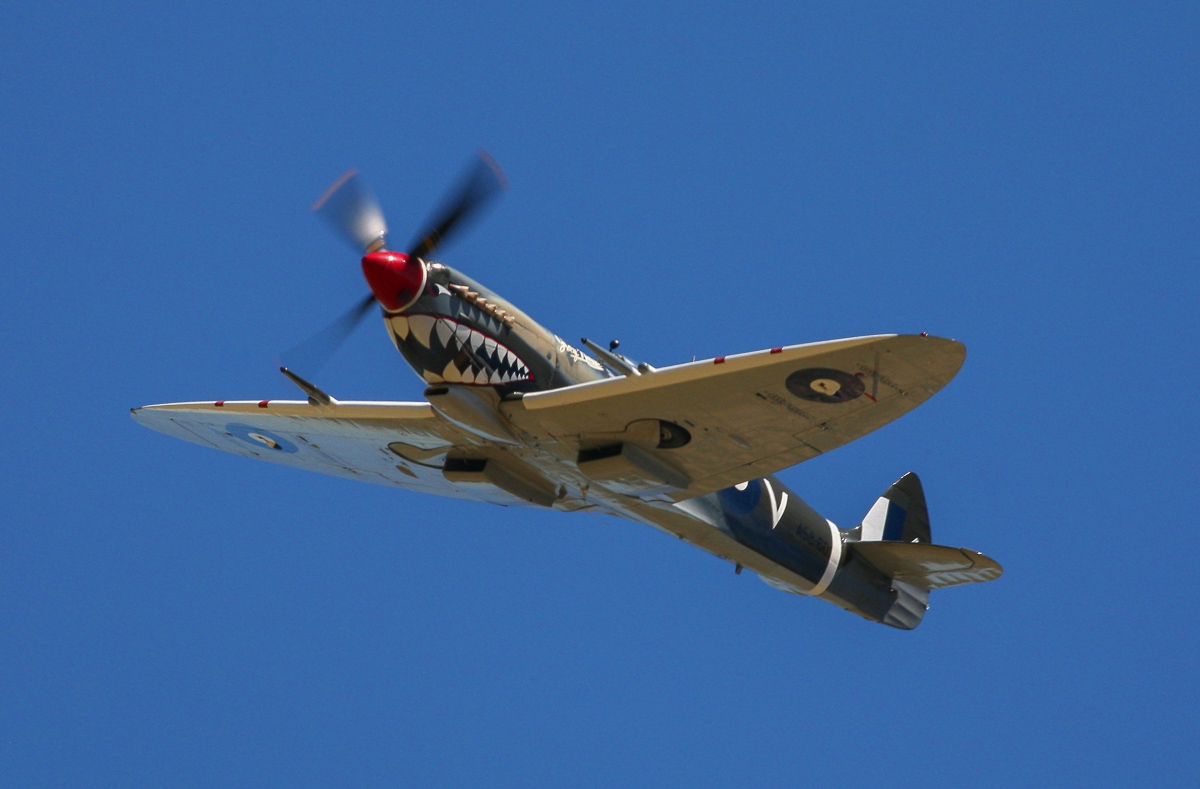
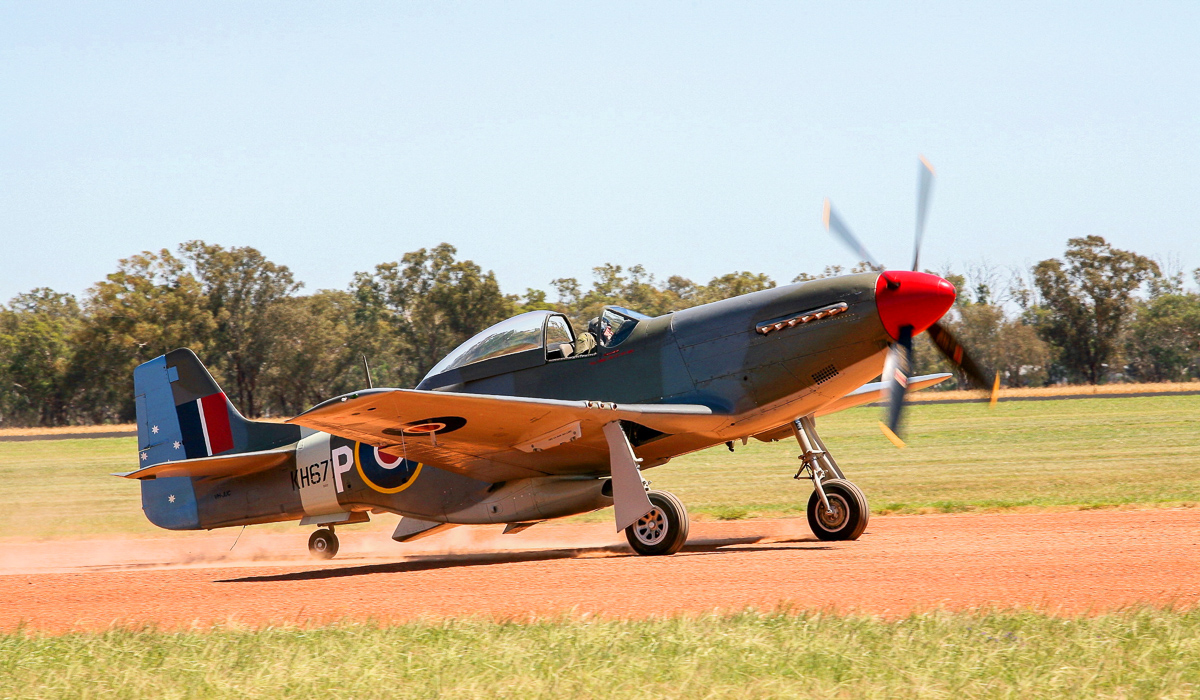
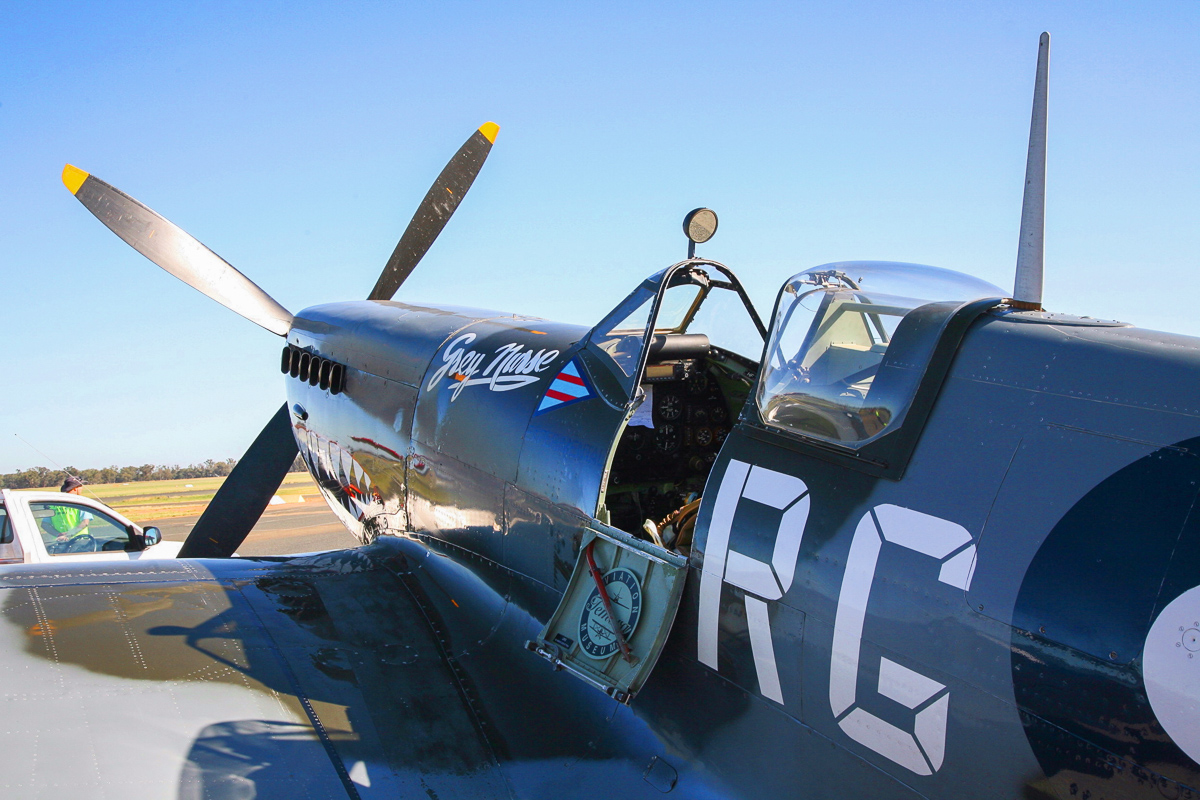


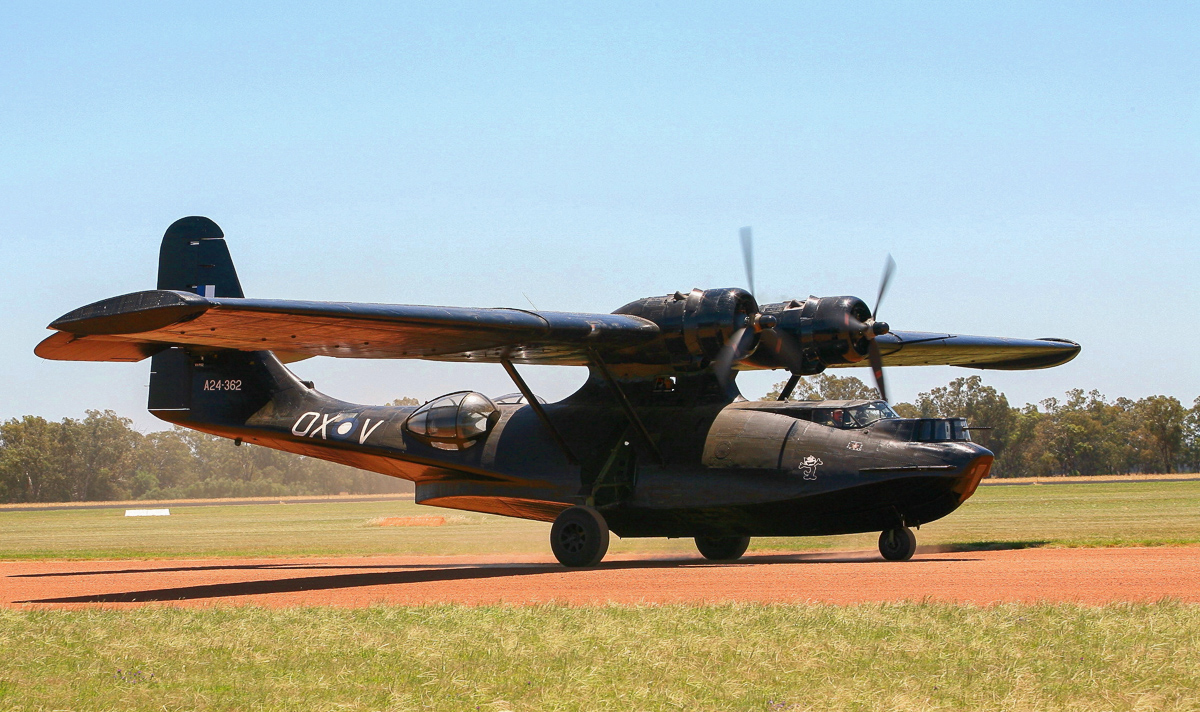


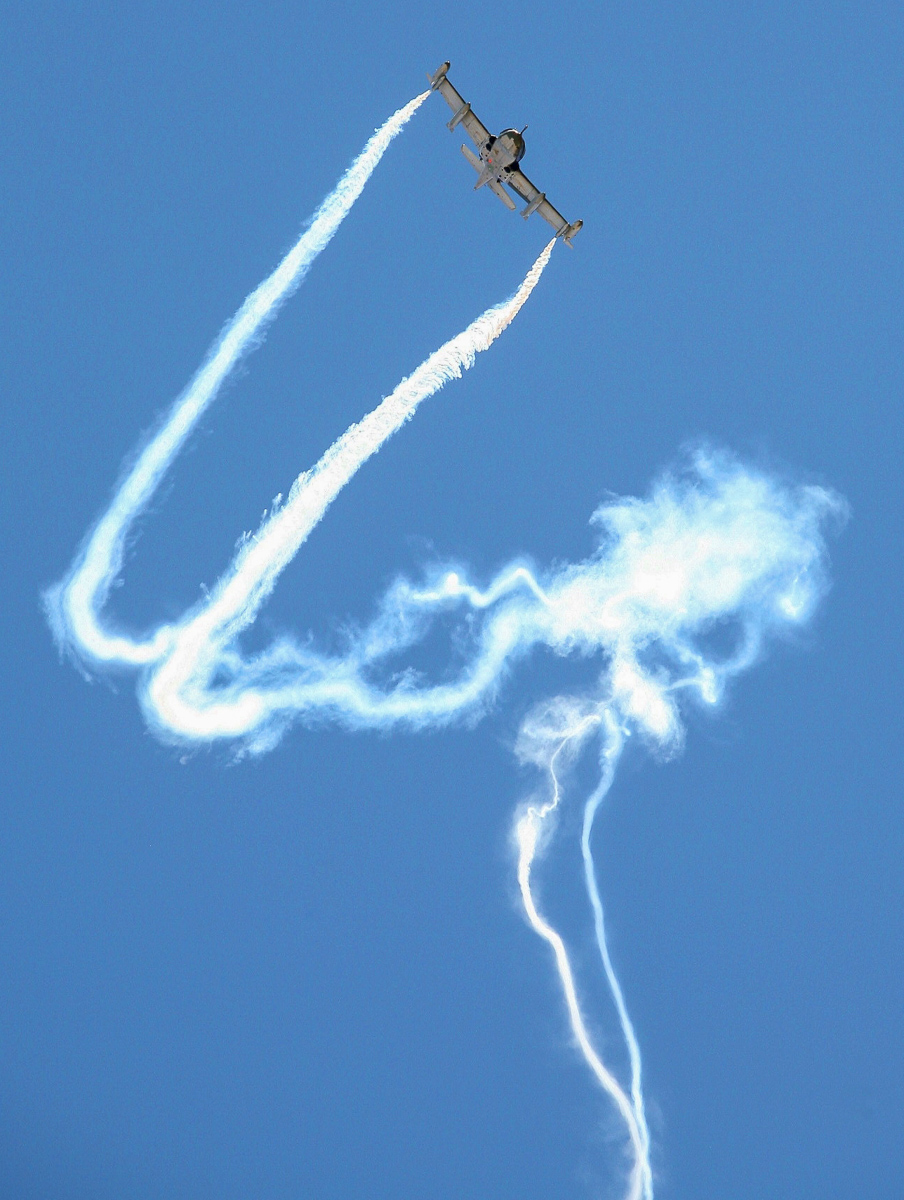
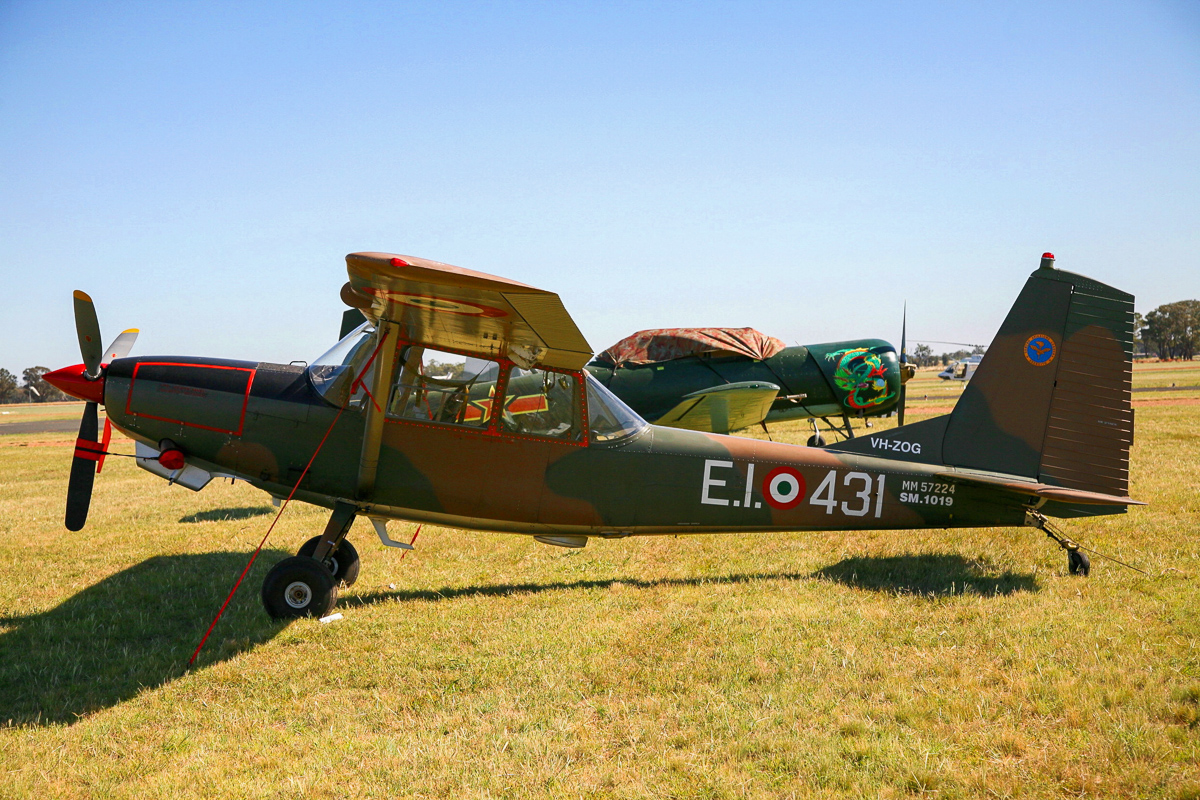
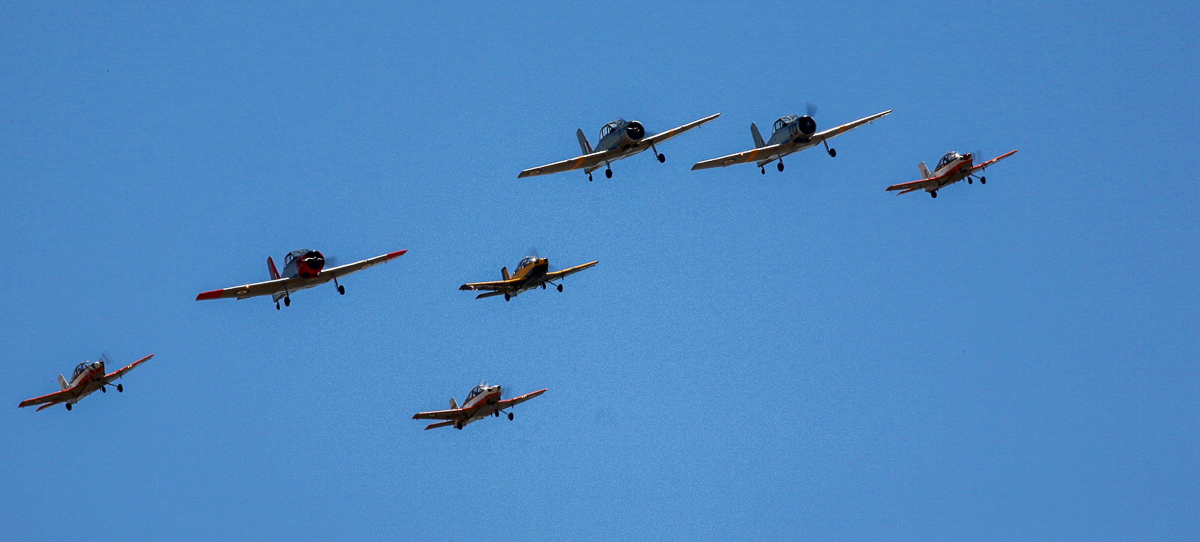
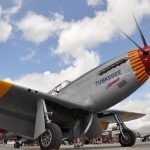
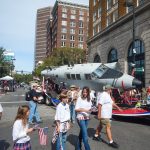
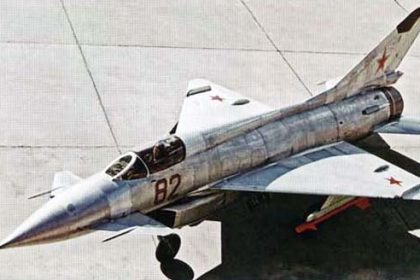
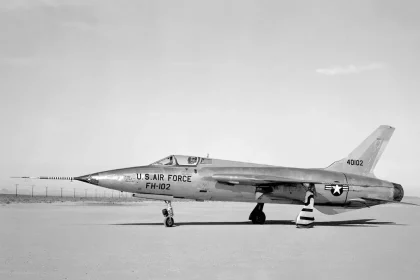
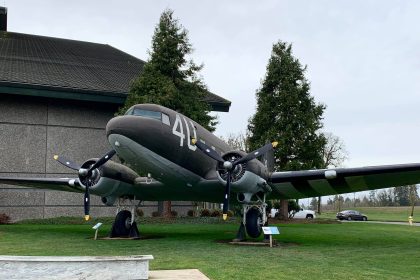
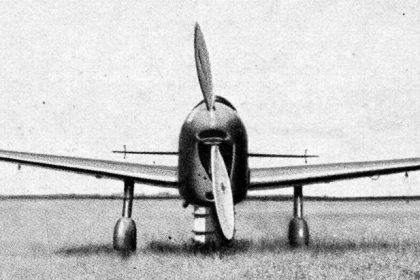
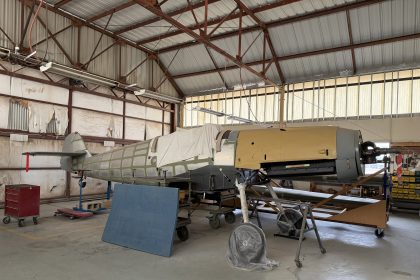

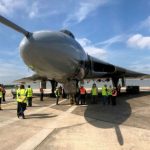
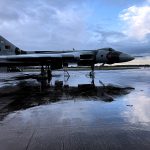
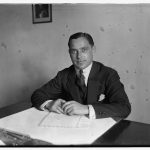
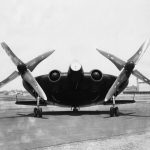
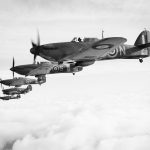
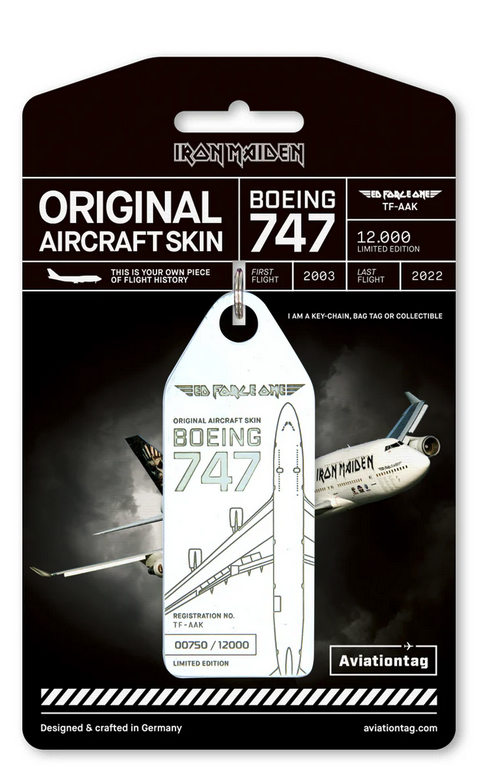

I was of the belief That team Steadfast’s Yak was actually a Yak 3 not an 11,,,,,,,,,,
Yak 3U
Great article Phil and a great Airshow! Looking forward to the next one.